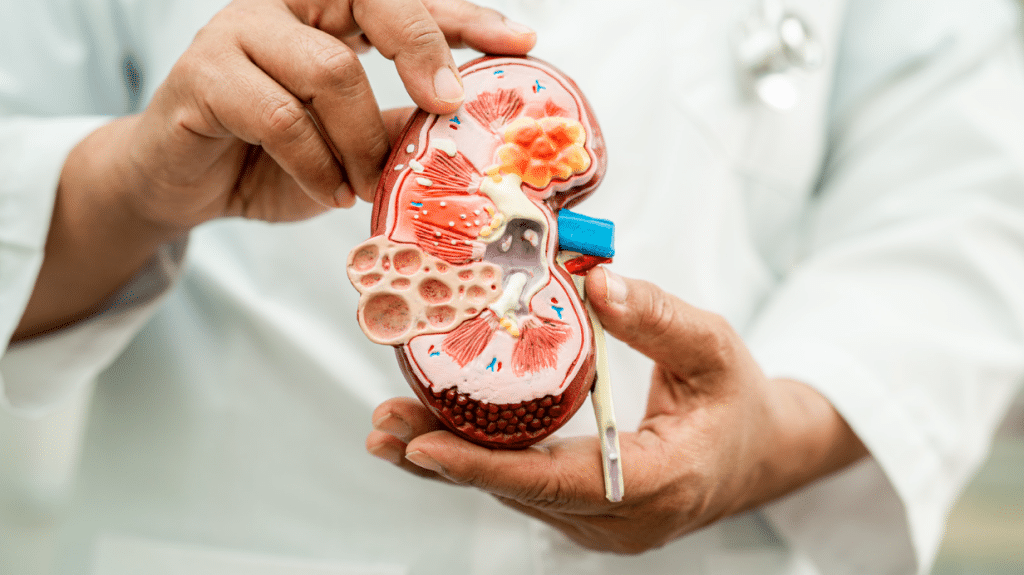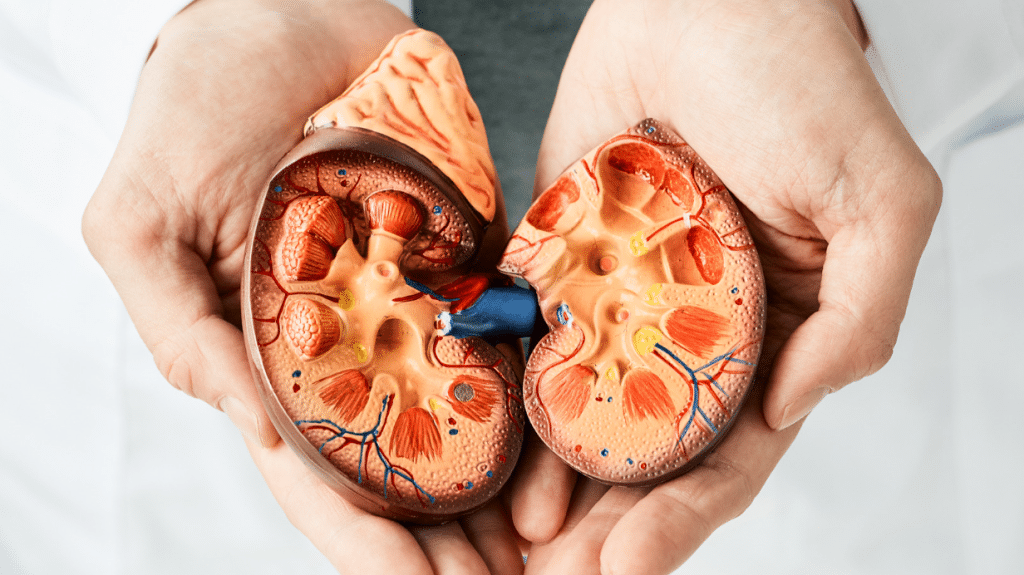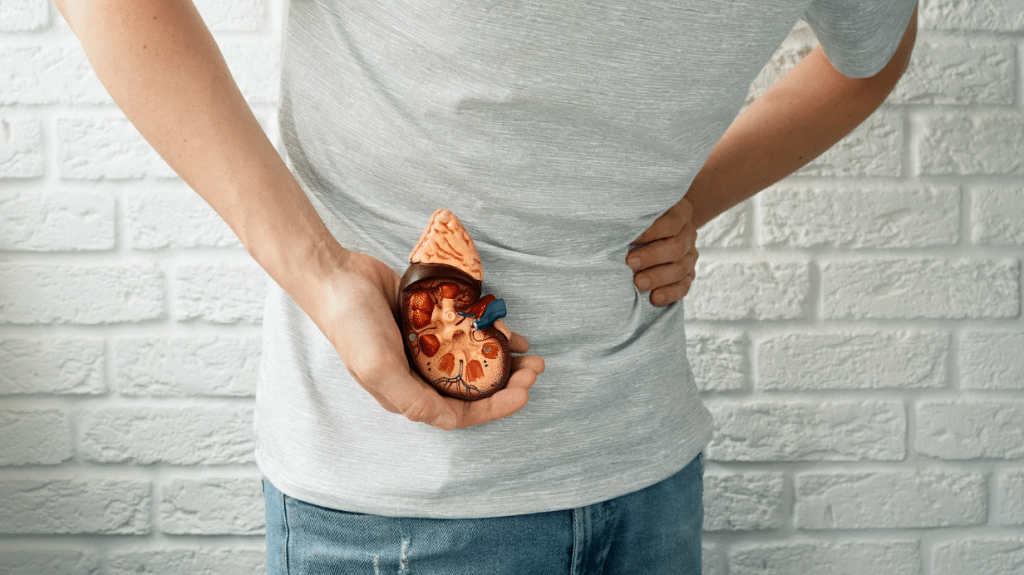BUN to Creatinine Ratio
The BUN to creatinine ratio is a test that is used to help diagnose kidney disease. It is calculated by dividing the blood urea nitrogen (BUN) level by the creatinine level. A high BUN to creatinine ratio may be a sign of kidney damage.

Enter your BUN and creatinine levels into the calculator.
If you have ever had a blood test, you may have noticed that your doctor or nurse took a sample of your blood and ran it through a machine. This machine measured the amount of creatinine in your blood. Creatinine is a waste product that is produced by your muscles and is filtered out of your blood by your kidneys.
If your kidneys are not working properly, the level of creatinine in your blood will increase. This is why your doctor may order a blood test to check your creatinine levels if they suspect you have kidney disease.
The BUN (blood urea nitrogen) test is another blood test that is often ordered along with the creatinine test. The BUN test measures the level of urea nitrogen in your blood. Urea nitrogen is a waste product that is produced when your body breaks down protein.
Like creatinine, the level of urea nitrogen in your blood will increase if your kidneys are not working properly. The BUN test is often ordered along with the creatinine test to get a better idea of how well your kidneys are functioning.
If your doctor has ordered a BUN and creatinine test, they will likely give you a special calculator to help you figure out your results. To use the calculator, you will need to know your BUN level and your creatinine level.
Once you have this information, you can enter it into the calculator and it will give you your estimated GFR (glomerular filtration rate). The GFR is a measure of how well your kidneys are filtering waste products from your blood.

The calculator will then determine your BUN to creatinine ratio.
The BUN to creatinine ratio is a test that measures the amount of nitrogen in your blood. The test is used to determine how well your kidneys are functioning. The ratio is calculated by dividing the concentration of nitrogen in your blood (BUN) by the concentration of creatinine in your blood. A normal BUN to creatinine ratio is 10:1. A ratio that is higher than 10:1 may indicate that your kidneys are not filtering your blood properly.
This ratio can be used to help diagnose kidney problems.
The creatinine/ albumin ratio is a simple and quick way to check for kidney problems. A high ratio may be a sign of kidney damage, while a low ratio may indicate that the kidneys are not filtering properly.
A normal ratio is between 10 and 20. A ratio of 30 or higher may be a sign of kidney damage, while a ratio of 5 or lower may indicate that the kidneys are not filtering properly.
If you think you may have a kidney problem, it is important to see a doctor for a full evaluation.
If your BUN to creatinine ratio is high, it may be a sign of kidney damage.
If your BUN to creatinine ratio is high, it may be a sign of kidney damage. The BUN to creatinine ratio is a test that measures the amount of waste products in your blood. A high BUN to creatinine ratio may be a sign of kidney damage or a kidney disorder. If you have a high BUN to creatinine ratio, you should see a doctor to find out the cause.

Treatment for kidney damage may include medications and lifestyle changes.
If you have kidney damage, your treatment will depend on the cause. In some cases, your kidneys may be able to heal themselves. However, if the damage is severe, you may need medication or surgery.
Your doctor may prescribe medication to help control your blood pressure or blood sugar level. If you have an infection, they may also prescribe antibiotics.
In some cases, lifestyle changes can also help treat kidney damage. If you’re overweight, losing weight can help reduce the strain on your kidneys. quitting smoking and cutting back on alcohol can also help.
If your kidney damage is severe, you may need dialysis or a kidney transplant. Dialysis is a treatment that filters your blood and removes wastes and extra fluid from your body. A kidney transplant is a surgery to put a healthy kidney from a donor into your body.